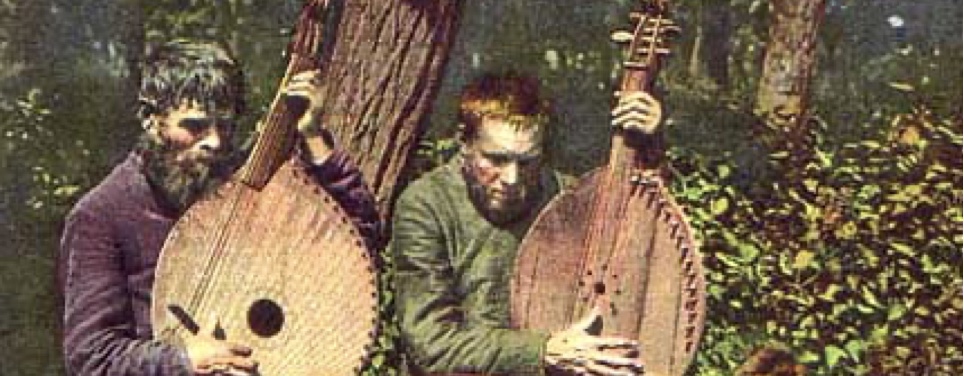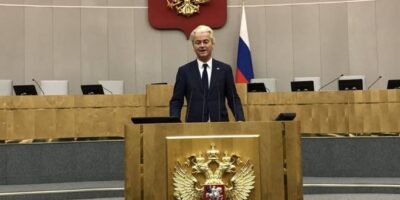Russia’s efforts to destroy Ukraine’s distinct identity and absorb it into Putin’s vision of Russky mir includes an all-out assault on the culture, the language, the historical records and artistic expressions of Ukrainian national identity.
Missile attacks deliberately target galleries, libraries, museums and churches. Some seven hundred churches have been partially or totally destroyed so far. Historical artifacts, books and artworks, as well as the cultural buildings housing them, have been stolen or destroyed. Curators and librarians have been kidnapped and targeted by special forces sent into occupied territories.
Two weeks ago, the Odesa National Fine Arts Museum, a UNESCO World Heritage Site with a most extensive collection of art from Ukraine and other countries and regions, was damaged by a Russian missile attack, ‘coincidentally’ on its 124th anniversary.
Early in the war in Kharkiv, a missile exploded in the Rare Book Library of the Karazin University Library, destroying or damaging more than 60,000 precious volumes. The library held more than 3 million volumes, including many early printed books and manuscripts. Russian occupying forces ordered all school-library books published after 1991 to be registered and destroyed, even children’s books and fairy tales. They were replaced with officially sanctioned materials brought in from the Russian Federation.
UNESCO publishes a long list of cultural sites damaged and/or destroyed during the invasion of Ukraine in violation of the 1954 Hague Convention for the Protection of Cultural Property in the Event of Armed Conflict. Both Ukraine and Russia are signatories to this convention, drafted to safeguard cultural heritage during periods of armed conflicts.
Kobzars
In the Donetsk region, Ukrainian defenders rescued five tonnes of books from libraries destroyed by Russian invaders. Ukrainian soldiers evacuated book collections of several libraries to Kramatorsk.
The Kremlin knows that to destroy a nation and a people, the culture and memory needs to be wiped out. This is no original strategy on Putin’s part. He is copying the tactics of his hero Stalin from the 1930’s. He tried to eliminate a particular class of artists called kobzars who preserved and spread the historical memory of the people through music and song as they itinerated from town to town, village to village and city to city.
These folk singers were named after the multi-stringed kobza instrument they played and plucked, like an upright zither. Almost all were blind and were led on their travels by young guides.
Like Putin, Stalin wanted to impose Russian culture on all the oppressed ethnic peoples of the Russian empire. But the kobzars represented an ‘incorrigible nationalist element’ reminding the people of a narrative at odds with that of the government.
A congress was called of the ‘Folk Singers of Soviet Ukraine’ in December 1930, gathering over 300 kobzars in the Opera Theatre in Kharkiv. The stated goal was to give them new ideological priorities. Under the pretext of a trip to Moscow for the Congress of Folk Singers of the USSR, they were all ushered onto train carriages for what turned out to be a short trip to the edge of the forest. There the blind kobzars and their young guides all had to disembark and line up along freshly-dug trenches as armed secret police began opening fire killing them all. Their bodies were then covered with lime and earth.
Parallel
There is a parallel in our western society with these blatant, ruthless and brutal efforts at cancelling narratives and destroying memory – albeit much more refined and subtle.
As a continent, much of Europe suffers from dementia. Her memory and identity has been impaired by the loss of awareness that the story of Jesus has been by far the greatest single factor in shaping her past. Without the ‘Jerusalem factor’, Rome and Greece alone would never have produced Europe as we know it. The view of humans created in the image of the biblical God is fundamental in sustaining values such as equality, dignity and the sanctity of life.
Fortunately honest secular seekers are beginning to rediscover these forgotten roots of western civilisation. Articles by Tom Holland (‘Why I was wrong about Christianity‘) and Ayaan Hirshi Ali (‘Why I am now a Christian’ ) are hopeful signs of intellectual stirrings.
I write this weekly word across the border from Ukraine in Romania where Christian believers from a broad spectrum of streams, including Orthodox, Catholic, Protestant, Evangelical, united in the Together for Europe movement, have gathered in the current European Cultural Capital, Timisoara. To counter the ‘falsified narrative’ of Europe, the 220 delegates from over 50 faith communities and movements across the continent have been hearing proposals for a vision-and-values-led politics, a theology of sharing and a politics of belonging.
For Europe’s future is far too important to leave to spiritually tone-deaf politicians. It’s a task also for the faith communities.
Till next week,



